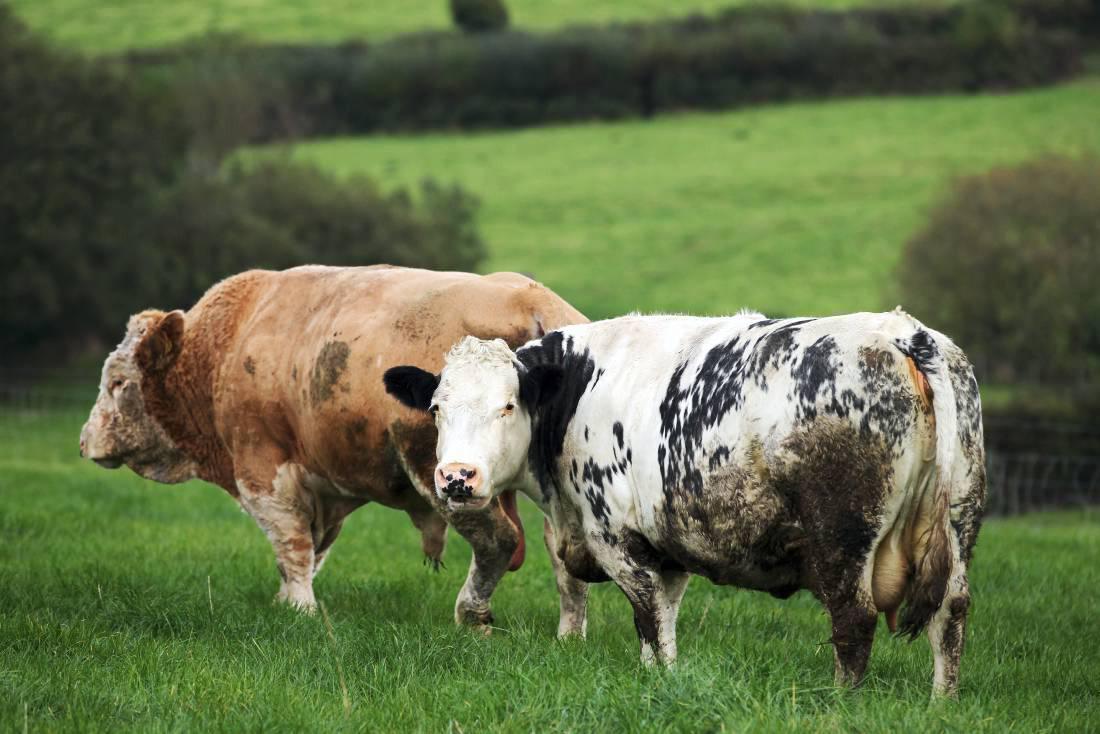
NFU Cymru has 'categorically rejected' government proposals to introduce tabular valuations for cattle compulsorily slaughtered due to bovine TB.
A 12-week consultation on a refreshed TB Eradication Programme launched in November 2021, setting out the Welsh government's vision for the eradication of the disease.
It included new plans for the TB testing programme to help reduce the risk of the spread of TB, such as testing protocols in relation to the pre-movement test.
The Welsh government also sought views on changing payments for cattle slaughtered as a result of TB, by introducing table valuations instead of individual valuations.
In its response, NFU Cymru stressed that the fair way to value cattle compulsorily slaughtered as a result of bTB was on the basis of their individual merits.
It said members were 'fundamentally opposed' to the introduction of any system based on table valuations, highlighting that such proposals had 'significant shortcomings'.
This system is used in England, where Defra uses average market prices to calculate compensation for cattle culled because of TB.
Every month it publishes a table of compensation values for 51 different categories of cattle.
But a tabular valuation system for Wales was 'not fair' to the farmer or to government, NFU Cymru explained, because a system based on averages would "likely create as many instances of over valuation as undervaluation".
NFU Cymru President Aled Jones said: "A table valuation system takes no account of many important factors relating to the individual characteristics of the animal, for example size, weight, quality, stage of pregnancy, milk yield, genetic merit or animal health status.
“We often hear from Welsh government of the need for individual farming business to increase their resilience, improve productivity, business performance and the use of better performing genetic stock.
"Moving forward with a tabular valuation system will penalise the very farming businesses that Welsh government is purporting to champion."
The Welsh government, in its consultation, suggested that its proposals were a result of an overspend of its TB budget.
But NFU Cymru explained that the way to reduce overspend was to ensure that the disease was controlled quickly and effectively so it had the smallest possible impact on the national herd.
The fewer animals that needed to be slaughtered as a result of bTB, the lower the compensation bill and the lower the cost for both government and industry, the union said.
The consultation document also makes a number of proposals for changes to current policies, including changes to the current testing regime in the different TB regions of Wales.
But NFU Cymru said there was 'anger and frustration' within the industry over the 'repeated failure' of government to implement a comprehensive TB eradication strategy in Wales.
“Cattle keepers throughout Wales farm under some of the most stringent and restrictive cattle movement and testing requirements in the world," Aled Jones said.
"This consultation proposes a number of further changes that, if introduced, will have significant consequences for cattle keepers."
